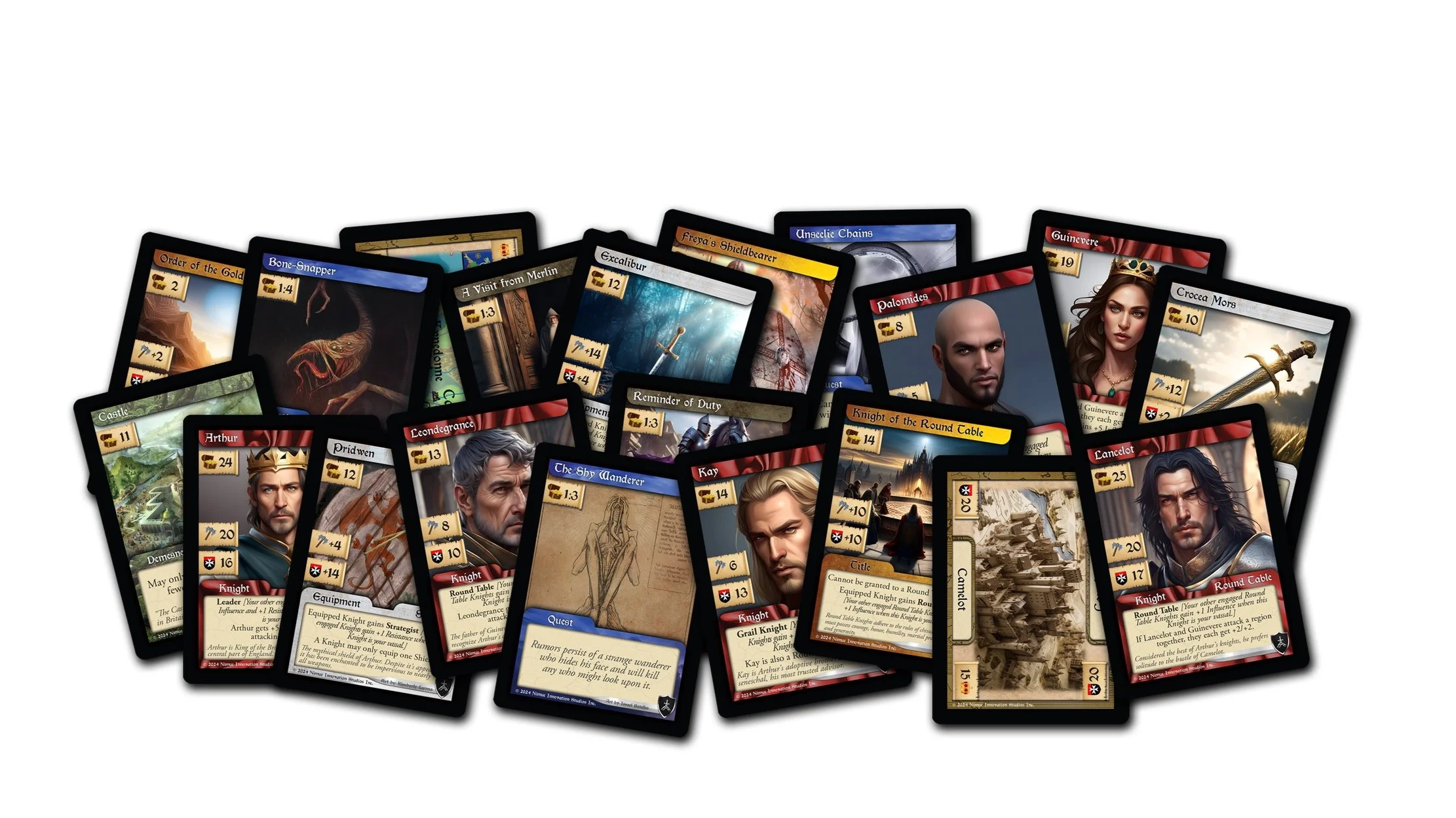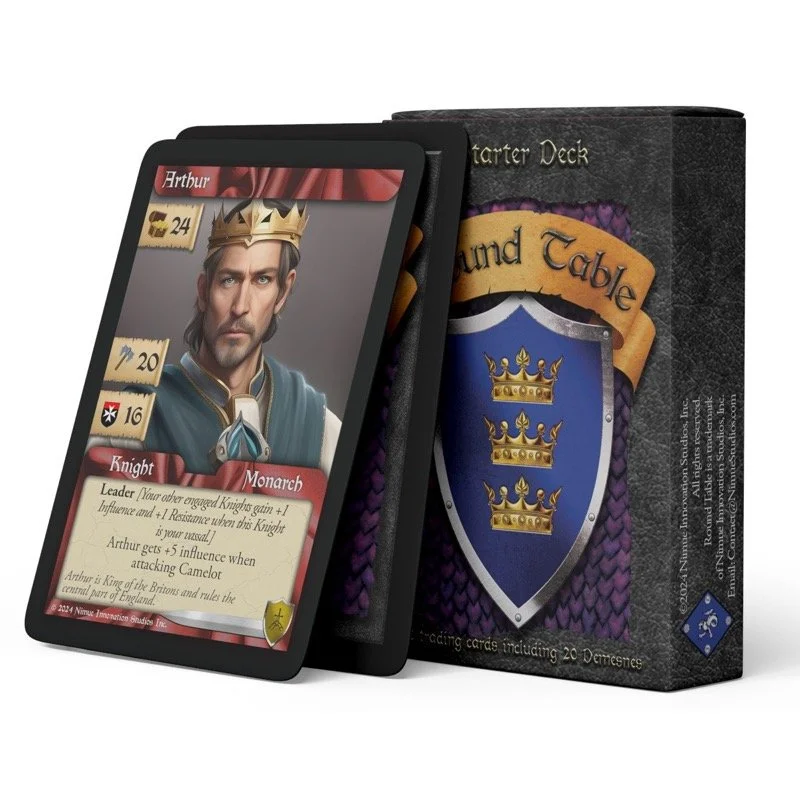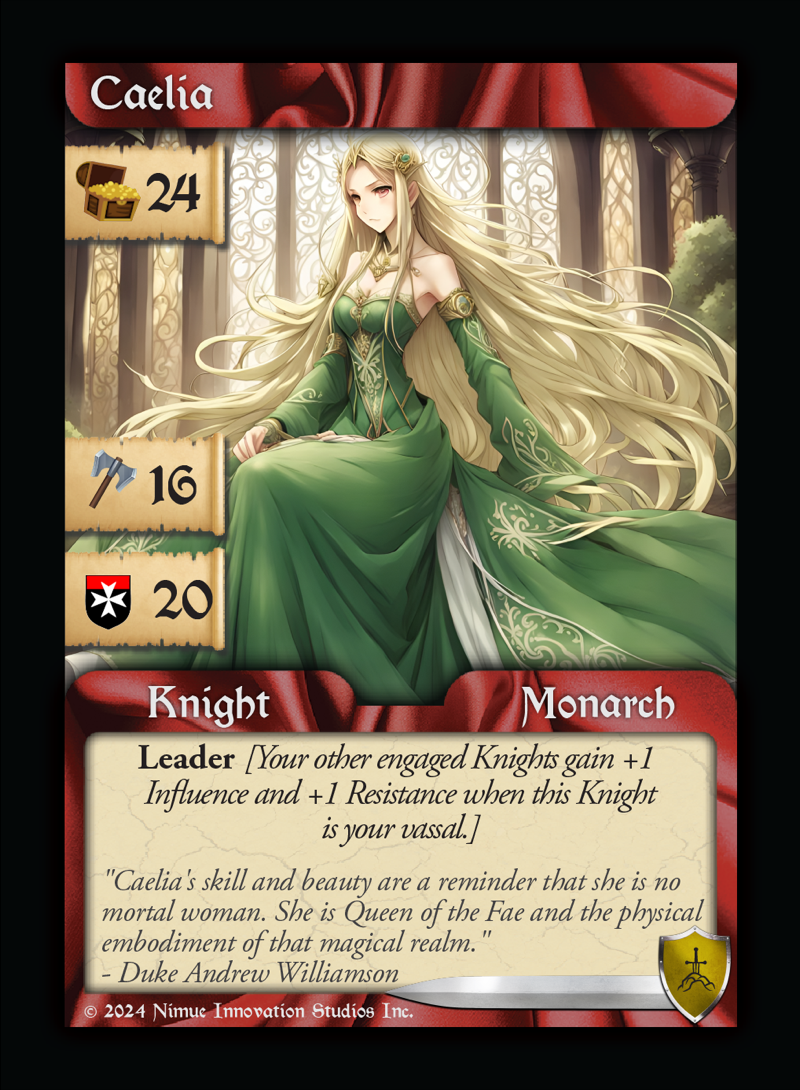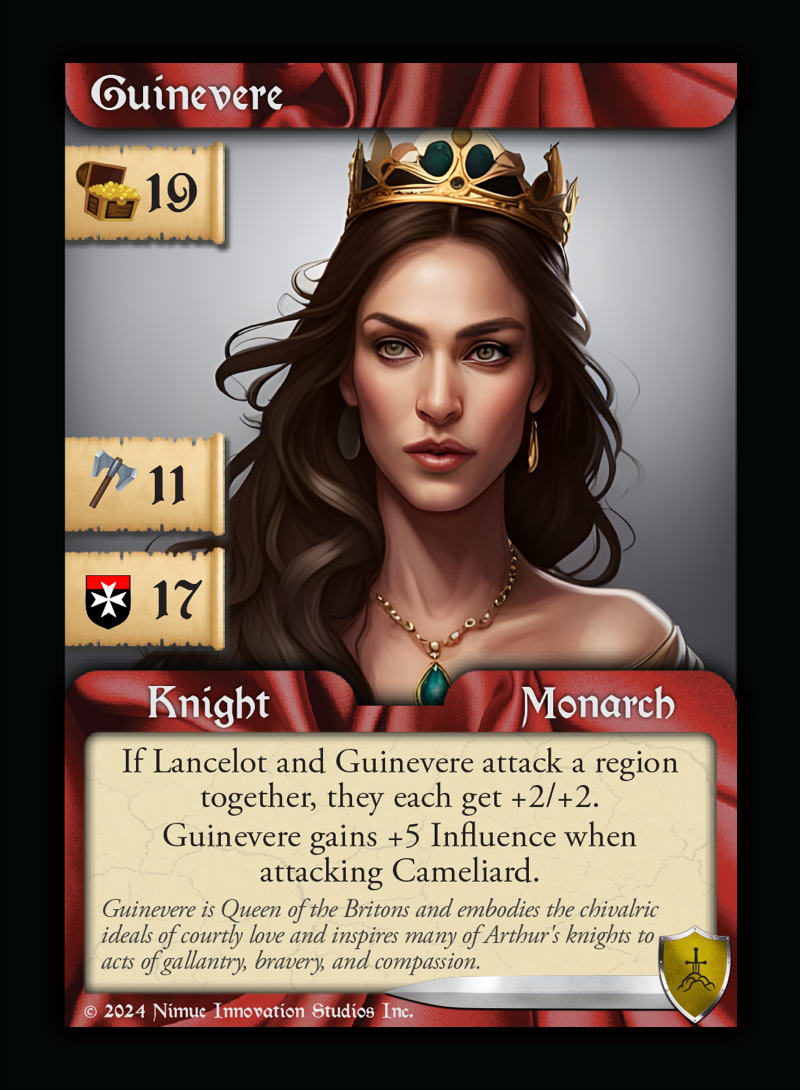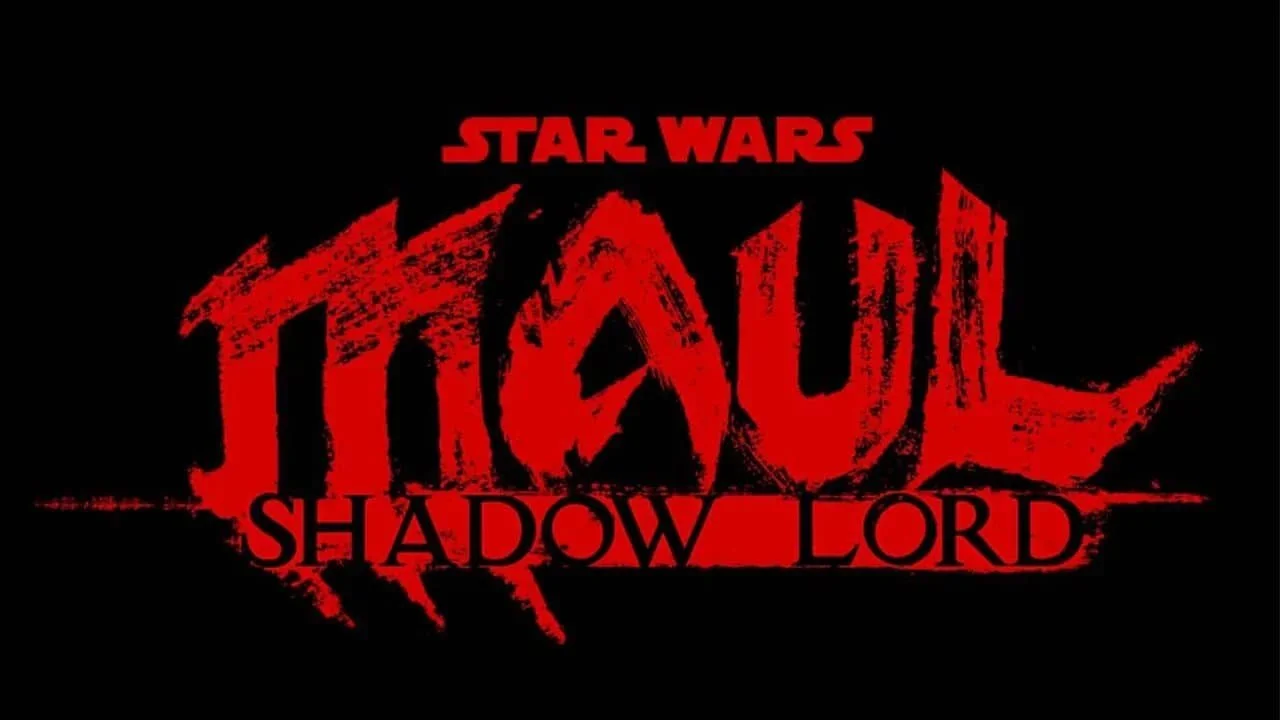Independent Game Designer Interview With Bill DeVoe Of Nimue Studios From Origins Game Fair
Image Source: Bill DeVoe
In a previous article, we introduced some independent board game designers that we met at Origins Game Fair. Below is another great game designer that we had the privilege of sitting down and chatting with: Bill DeVoe who is the lead game designer at Nimue Innovation Studios and is the creator of Round Table.
CS: How did you come up with the idea for Round Table?
BD: I’ve always been interested in British history and the legends of Arthur. I played D&D from a young age and spent many hours reading about the Knights of the Round Table. By the time I was in college, I was playing Pendragon RPG, and it had cemented my interest in the mythology. About 10 years ago, I was a little disillusioned about where Magic: the Gathering was going and wanted to see what I could do for an Arthurian-themed card game. My original design ideas bear little resemblance to the game we created, but I think this game is far better than anything I imagined when I started.
RELATED:
CS: Why did you decide to get into board game design?
BD: I’ve done a lot of RPG and computer game design and development, so I was familiar with many of the ideas. I had a great coworker who used to work at Epic Megagames back in the Unreal Tournament era and he imparted some tremendous wisdom about game design. When looking at Round Table, it was about identifying things I loved about trading card games but disliked about current mechanics. I felt that too much pressure had been put on quick kills and that degenerate decks were the way things were going. That, coupled with bringing in some great collaborators, made it possible to get a good, balanced game that we love to play and helped us re-establish some of those things we loved about Magic and other TCGs back in the 90s.
Image Source: Bill DeVoe
CS: Tell me a little about your game.
BD: Round Table is set in the age of King Arthur and the Knights of the Round Table, hence the name. Players recruit knights, grant them titles, give them equipment, and send them on quests in an effort to conquer five different regions in Britain so they can win the game. Each region has an amount of renown based on how important that region is, so it’s not just who has the most regions, but which regions are most important. It’s a lot more tactical play style where quests can be used to make knights unavailable for campaigning, but completing quests has a reward of being able to draw cards, so it’s a bit of a double-edged sword.
The game takes place over the course of the seasons of a year. In Spring, players recruit knights, equipment, and titles and can move them around between their knights. In Summer, players send their knights to attack the regions and play quests. In Autumn, they resolve the attacks and any quests. In Winter, each player draws a card. Players start the game with 10 cards and players can choose how many to draw from each deck.
CS: What has been your favorite part about game design?
BD: I have to say it’s been the conversations about how to tackle difficult problems. How do we make it so the game progresses quickly to make it interesting without making it degenerate? How do we slow down play to give everyone a chance to do something without making it boring? It’s been good to have a clear vision of what I wanted the game to look and feel like when we were done, but there were a lot of adjustments to make it more interesting. Redirects used to be much more limited in their application and now I think they’re tremendously useful. The deck construction element adds so many variables to the equation, so it’s been interesting working out those permutations. It’s a LOT of math but it’s been a lot of fun!
Image Source: Bill DeVoe
CS: Do you have any exciting projects coming up?
BD: We do! We love cooperative board games – Cthulhu: Death May Die, Pandemic, et al – and we realized that our first game was a competitive one. We’re working on a cooperative mode. The players will pool their resources to try to complete different stages of a Grand Quest. Each quest will have 5-6 stages and the players will have to work together to complete them. We want it to be available later this year and we’re hoping that we’ll have a version we can introduce and even playtest at Gen Con! We’re also deep into looking at the first expansion, which will be all about the Fae and magic, introducing Merlin and Morgan le Fay, and Stonehenge. We wanted the first edition to be the basic gameplay, so we intentionally made it as straightforward as possible. The Fae expansion will definitely change things up!
CS: Where can people find Round Table in the future?
BD: We ran our Kickstarter last year during Gen Con. We successfully funded and spent the fall and winter incorporating the amazing feedback. We officially released the game in March of this year, and Origins was our first real introduction to the general public. All people need to play the game is a Starter Deck. Players will get a good blend of knights, equipment, quests, redirects, and titles; all of the land they need; and 5 regions. We also have Treasure Packs that players can use to augment their collection and tweak their decks. People can view our online store at roundtabletcg.square.site. We also have accessories and a bunch of other silly things for sale.
Image Source: Bill DeVoe
CS: Where can people find you?
BD: We had 4 Learn to Play sessions at Gen Con this year. People can view our Upcoming Events page to get more info on those sessions: nimuestudios.com/upcoming-round-table-demo-events/. We’re also trying to get into PAX Unplugged. We will be Origins next year, though – we just booked our booth! Our main website is RoundTableTCG.com. From there, people can access the Wiki with all of the cards, the game rules, and the online store (through Square). We’re also on “all the socials” and Discord – our Linktree has all the details: linktr.ee/nimuestudios
It was such a pleasure to talk to Bill about his great game and hopes for the future. We wish him luck in his endeavors!
Stay tuned for some more amazing interviews from independent game designers and learn more about their games and creative processes to bring them to the world.
READ NEXT:

